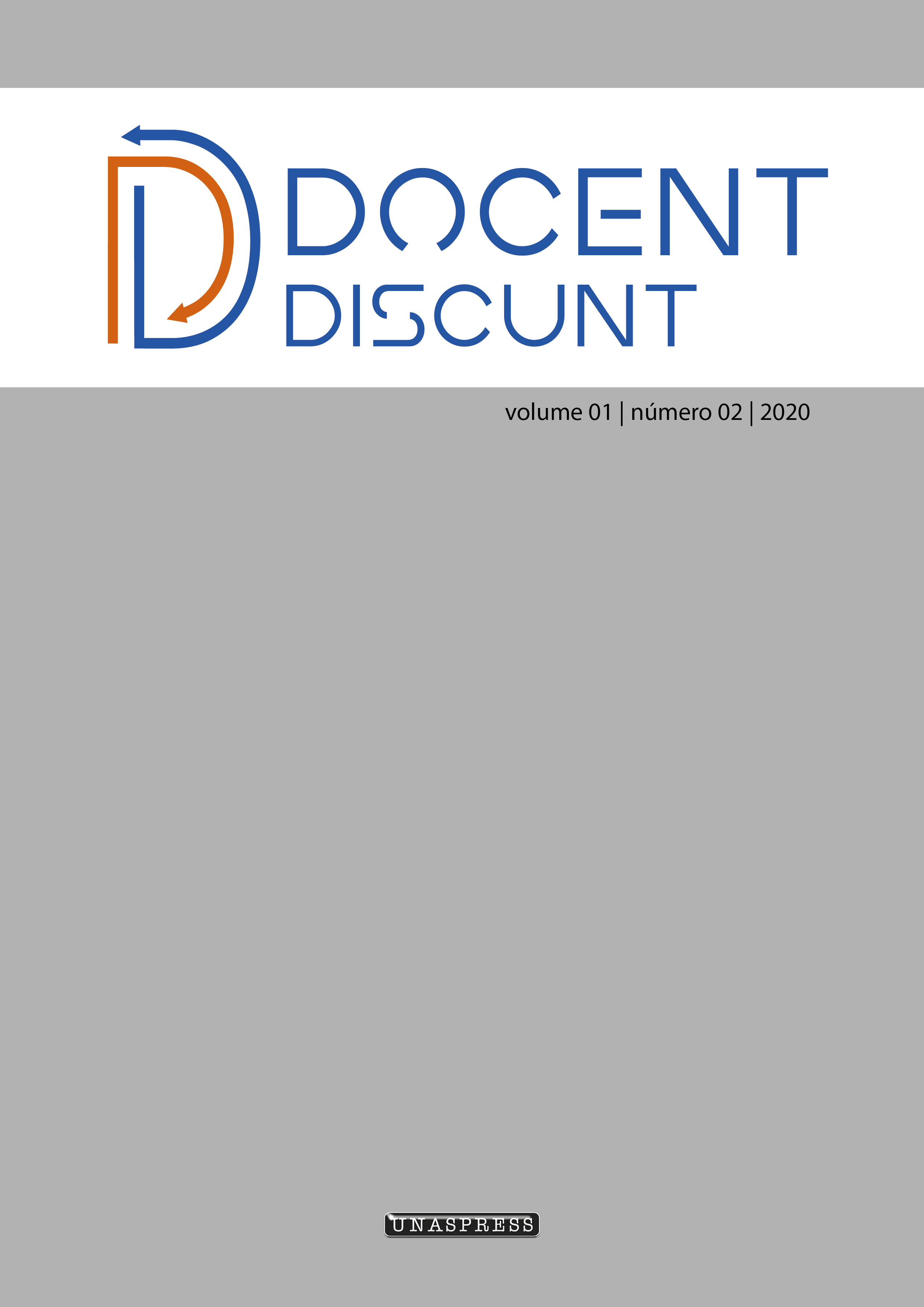Resumo
Este artigo tem por objetivo exortar profissionais da área da Educação para a reflexão sobre sua prática. O processo de aprendizagem é tema de inúmeras pesquisas científicas com abordagens psicológicas, neurológicas e metodológicas. Esta, porém, trata-se de uma abordagem filosófica. Como o aluno aprende? Eloquência, boa retórica, argumentação e oratória por parte do professor são suficientes para uma aprendizagem eficaz? Perguntar a si mesmo se o aluno aprendeu ou simplesmente acreditou em suas palavras é o início desta reflexão, que não se esgota neste presente texto. Saber e crer inseridos em aspectos educacionais precisam necessariamente ser antagônicos, ou há possibilidade de aproximação? Acaso não cremos em tudo o que pensamos saber? Acaso a sabedoria não deve se sobrepor ao simples “acreditar”? Ao estudarmos este assunto com pouca dose de reflexão, há o risco de confiarmos abundantemente em nossas palavras dotadas de erudição em detrimento do papel do aluno de acreditar no que lhe é ensinado.
Referências
AGOSTINHO, S. Confissões: De Magistro. 2ª Ed. São Paulo: Abril Cultural, 1980.
AQUINO, S. T. Verdade e Conhecimento: 1ª Ed. São Paulo: Martins Fontes, 1999.
DESCARTES, R. Discurso do método: Meditações, objeções e respostas; As paixões da alma; cartas. São Paulo: Abril Cultural, 1983.
GEORGEN, P. De Homero e Hesíodo ou das origens da filosofia e da educação. In: SILVEIRA, R. J. T. e GOTO, R. (Org.) Filosofia na escola: diferentes abordagens. São Paulo: Loyola, 2008.
LOCKE, J. Ensaio sobre o entendimento humano. 1ª Ed. Lisboa: Fundação Calouste Gulbenkian, 1999, v. 1.
LOCKE, J. Ensaio sobre o entendimento humano. 1ª Ed. Lisboa: Fundação Calouste Gulbenkian, 1999, v. 2.
PLATÃO. Defesa de Sócrates: Os pensadores. São Paulo: Victor Civita, 1972.
PLATÃO. A República. Lisboa: Fundação Calouste Gulbenkian, 1987.
PLATÃO. Mênon. 4ª Ed. São Paulo: Edições Loyola, 2007.
SILVA, O. A. R. Safo de Lesbos: a experiência filosófica na poesia. In PACHECO, J. (Org.). Filósofas: a presença das mulheres na filosofia. Porto Alegre: Editora Fi, 2016.

Este trabalho está licenciado sob uma licença Creative Commons Attribution 4.0 International License.
Copyright (c) 2021 Docent Discunt





